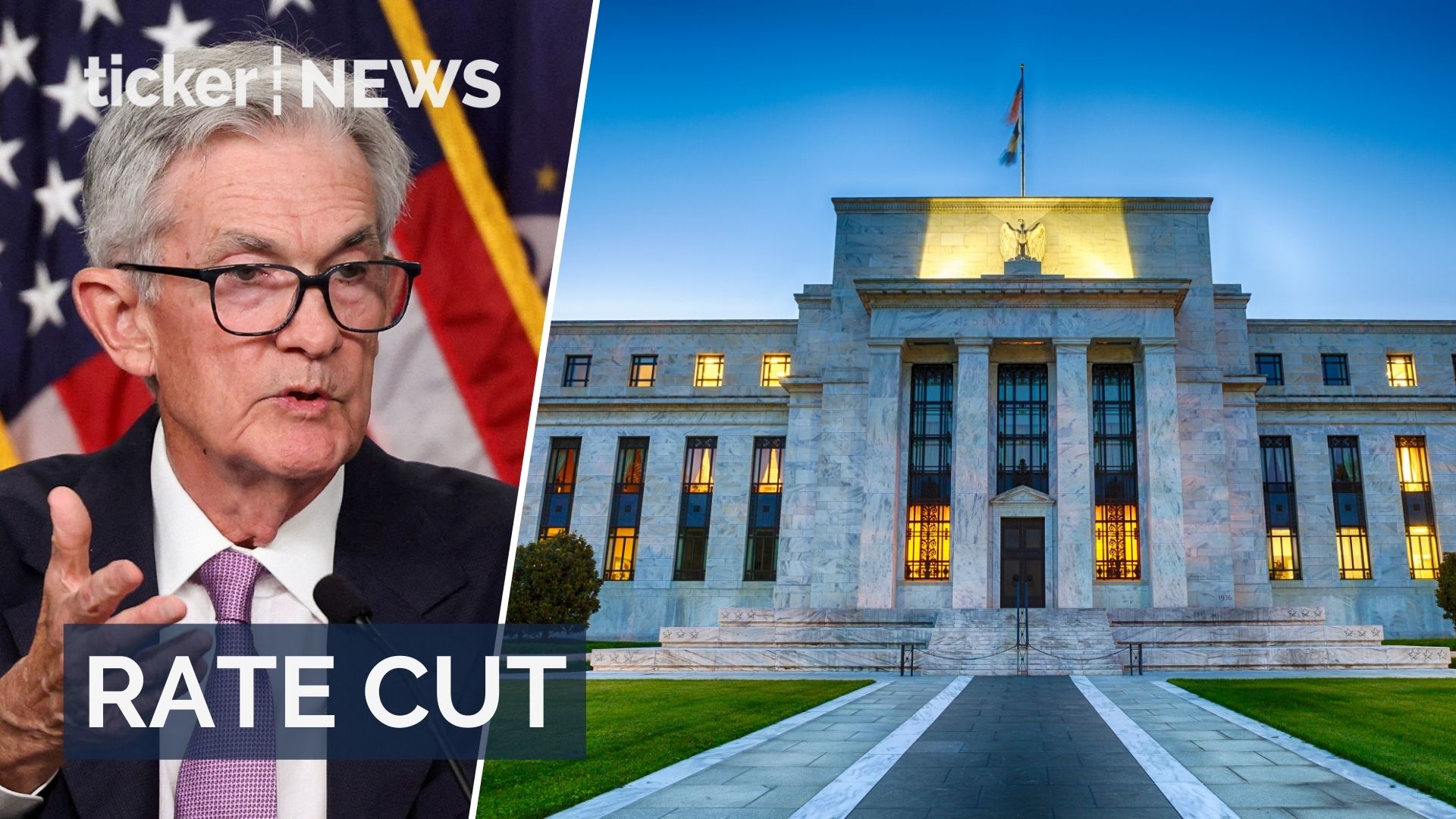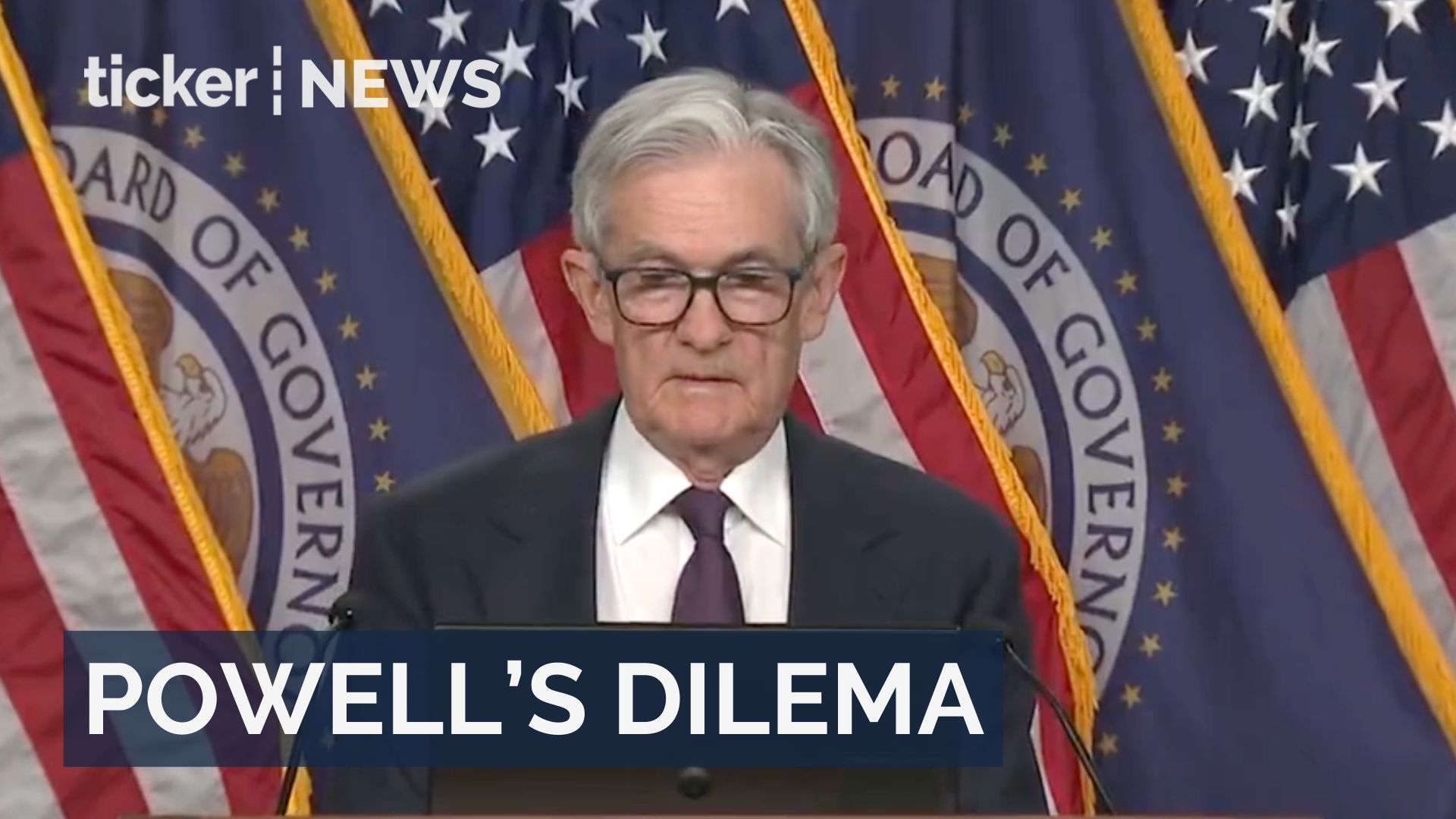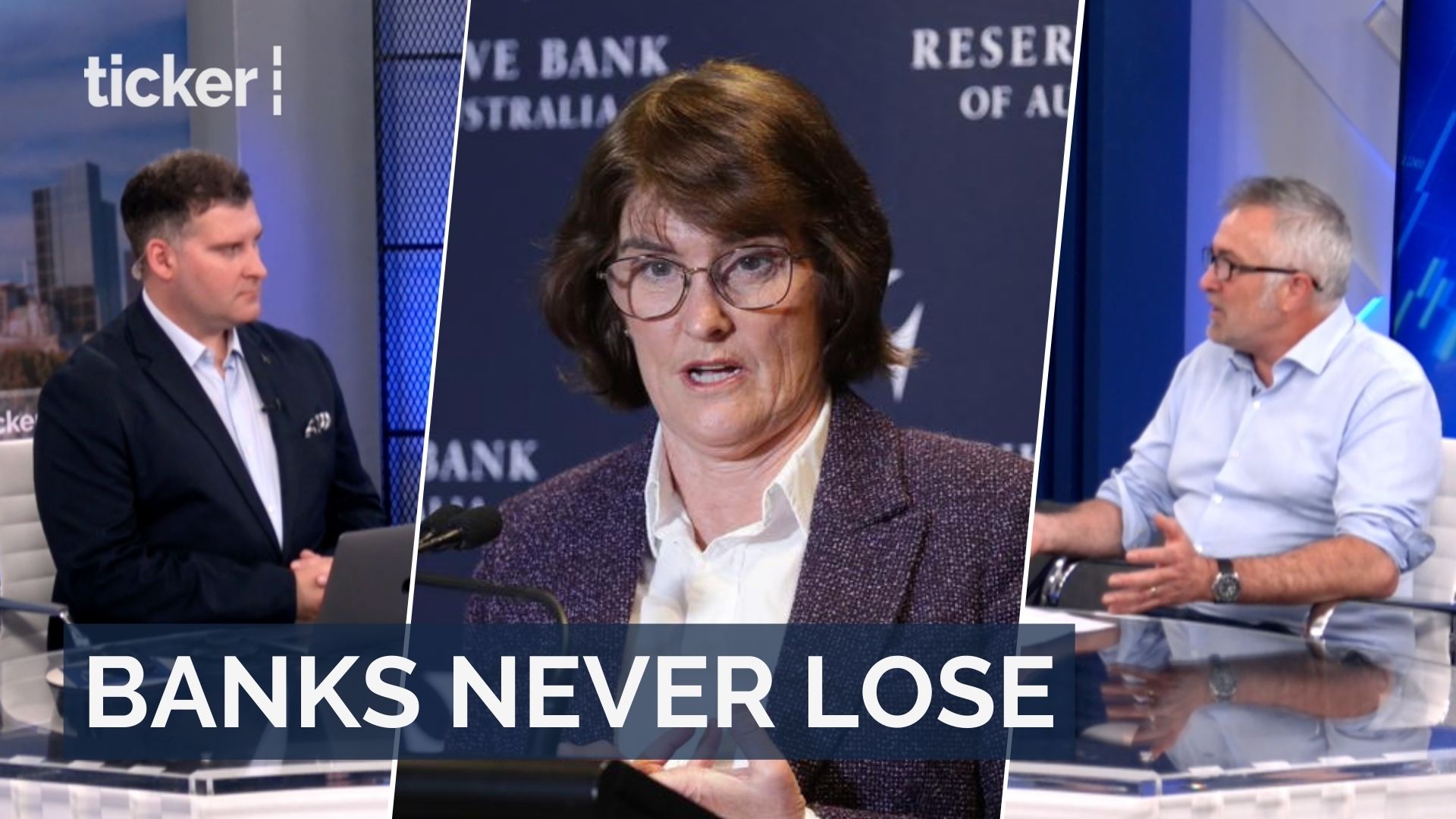Money
Investors beware: ASX and markets across Asia have tumbled
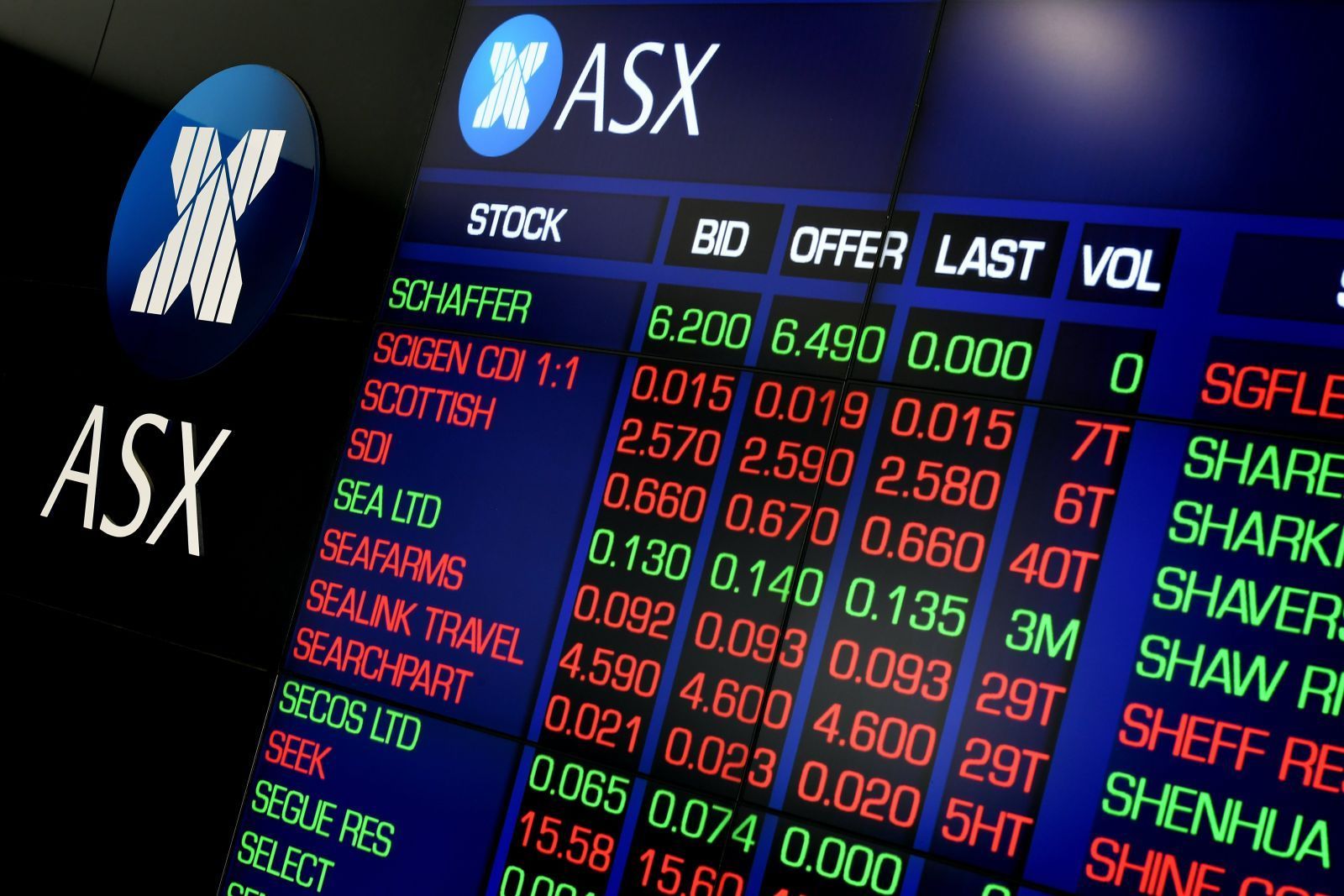
Money
Fed cuts rates, signals more potentially ahead
Fed lowers rates amid job market concerns, signalling potential further cuts in upcoming meetings
Money
Fed faces unusual dissent amid leadership uncertainty
Fed’s Powell navigates contentious meeting amid Trump-appointed dissenters as rate cut looms and succession contest heats up
Money
RBA plans to ban credit card surcharges in Australia
Reserve Bank of Australia plans to ban credit card surcharges despite banks warning of potential higher fees and weaker rewards
-



 Shows3 days ago
Shows3 days agoInspiring transformation: from prison to boardroom success
-



 News5 days ago
News5 days agoVance vows crackdown after Kirk murder
-



 News5 days ago
News5 days agoCharlie Kirk’s legacy reshaping US conservatism
-

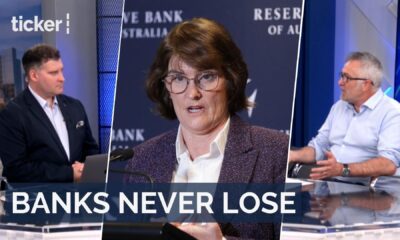

 Money5 days ago
Money5 days agoRBA plans to ban credit card surcharges in Australia
-



 News3 days ago
News3 days agoDisney cancels Jimmy Kimmel’s show after controversy
-



 News2 days ago
News2 days agoMark Zuckerberg has unveiled Meta’s first so-called AI glasses
-



 Tech2 days ago
Tech2 days agoUS and UK finalise historic $340 billion tech deal
-



 News2 days ago
News2 days agoStephen Colbert’s opening monologue on Jimmy Kimmel



